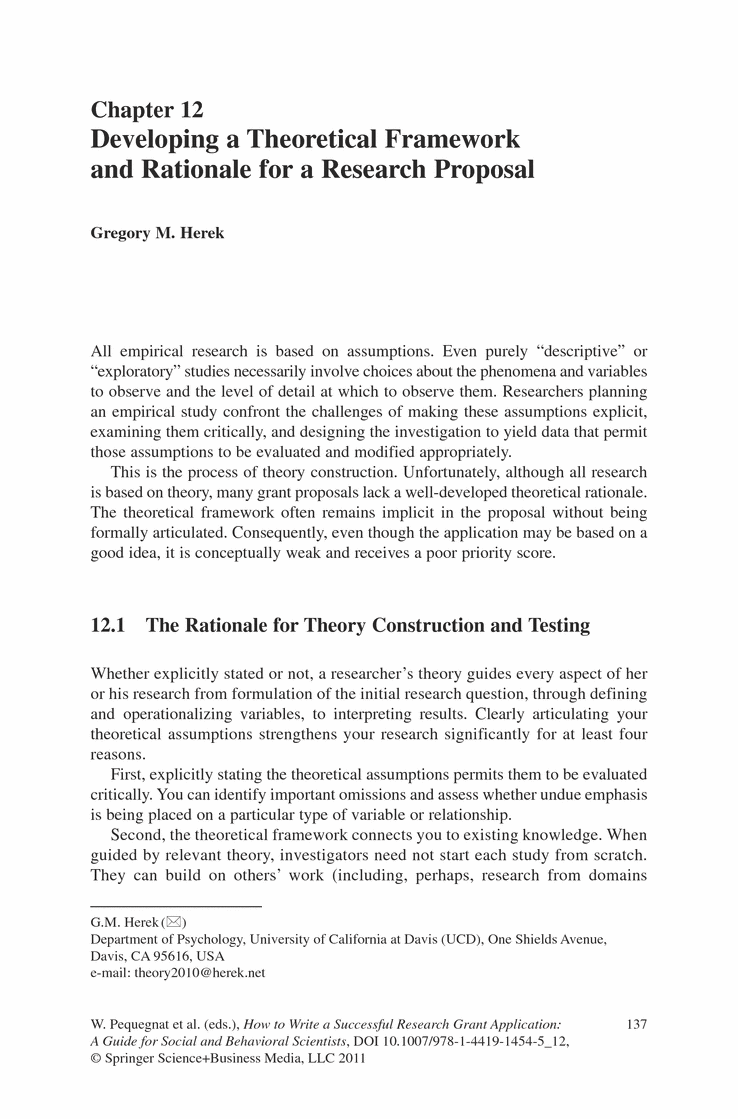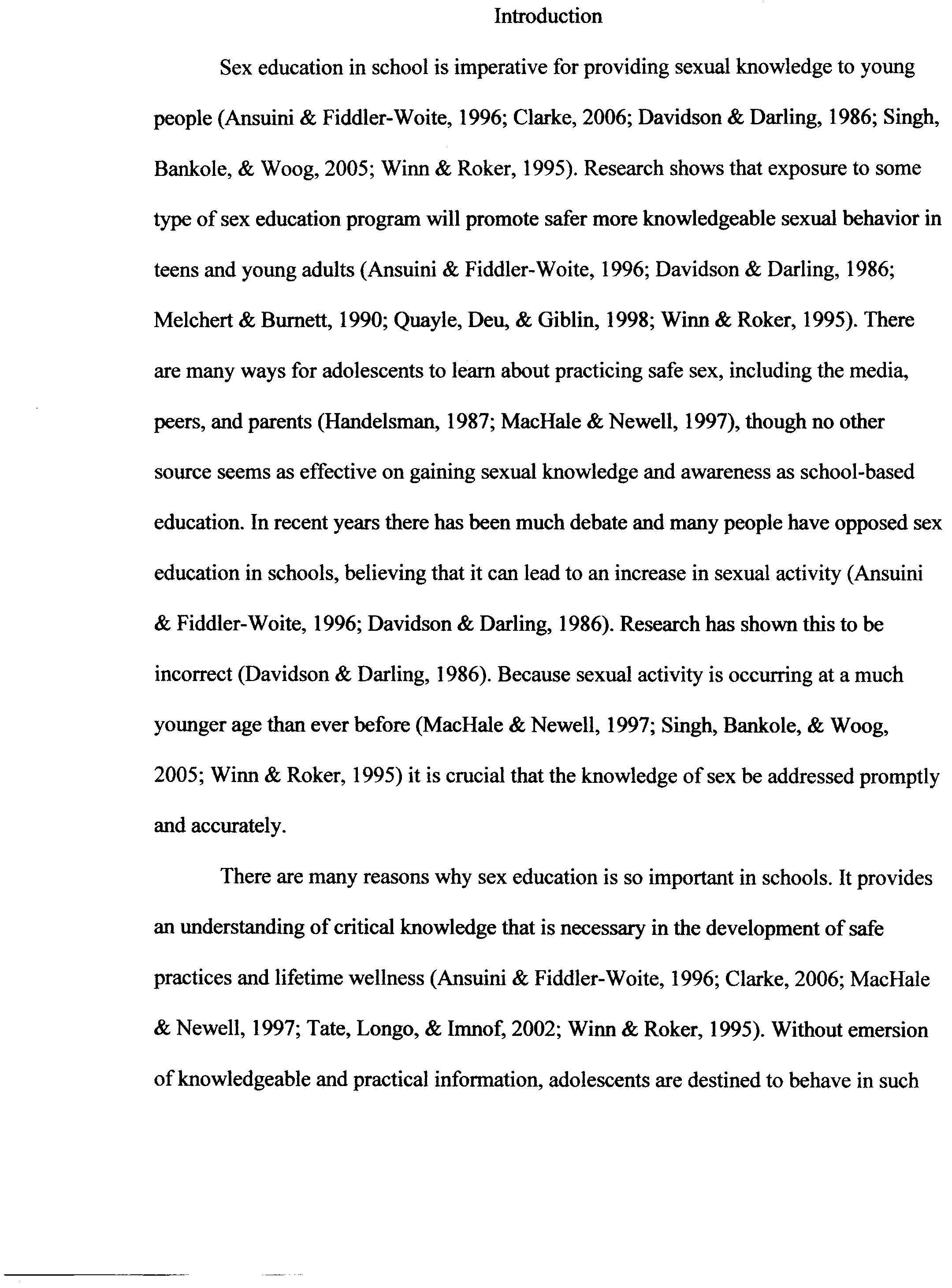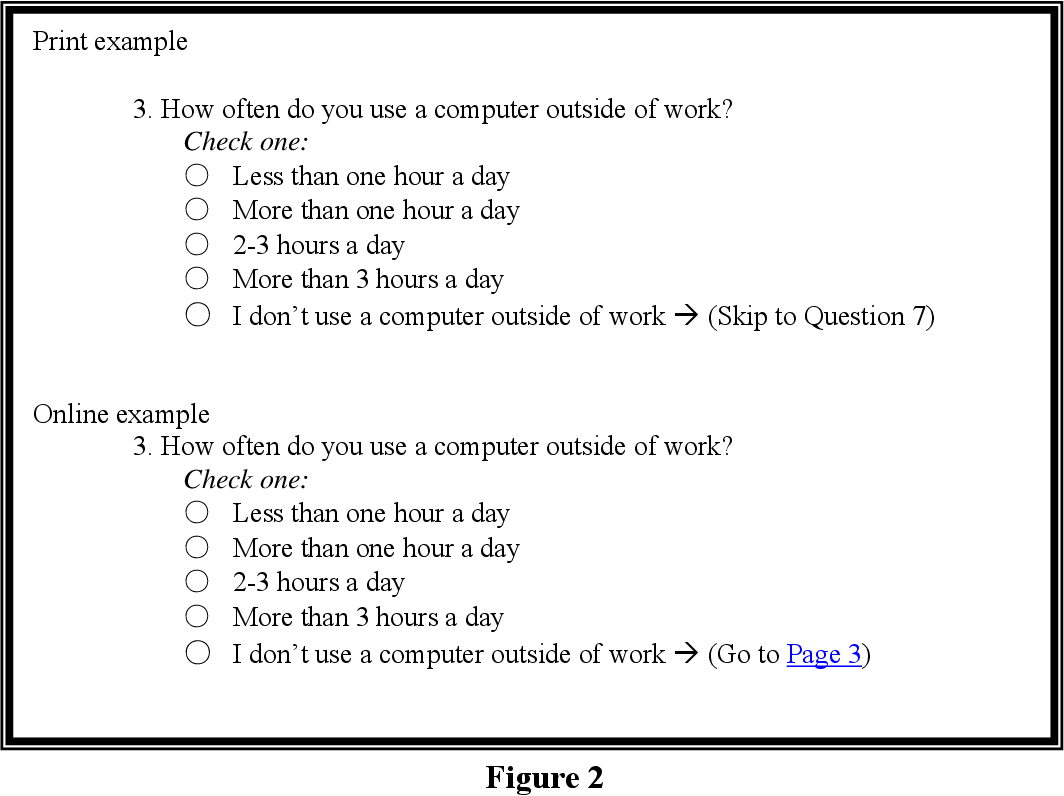The rationale for your research paper should be a moving statement stating the reasons why you chose to study a specific topic. A well-written rationale will help you achieve your overall project’s goals and establish a strong foundation. It will also speak to your target audience and inspire them to act. The following are some tips to write a compelling rationale for your research paper. To write an effective rationale, you should begin by developing a research question.
Justify the approach you’re taking
Before starting your research paper, make sure you have an idea of the topic. You might also want to include a few ideas about the audience that you’ll be targeting. One of the best ways to engage your audience is to provide compelling examples or case studies that show the importance of the topic. Then, use a strong argument to back up your approach. There are many different ways to make your paper engaging.
Generally, social science research requires more explanation. Justify the assumptions and subject selection of your research. Also, justify any data collection methods that were used. The purpose of your research is to answer a specific problem, and you should justify your approach. Once you have outlined your problem, you can write your methodology section. Once you have written this section, you can move onto other parts of the paper.
Justify the limitations of your study
In the body of a research paper, you should justify the limitations of your study. You should mention the limitations of your study, its methods, and statistical findings. It should comprise no more than 10% of the paper’s content. Justify the limitations of your study and explain their relevance. Limitations should not be discussed in an overly defensive way or appear to undermine your paper’s validity. Moreover, these limitations should be explained briefly, if at all.
To demonstrate that you have considered the limitations of your study, you should start your paper by mentioning the major weaknesses of your study. Rather than mentioning every single limitation, you should focus on the weaknesses in your design or analysis. This will make your paper sound stronger and more credible. It’s also essential to mention that every research paper has certain limitations. However, while acknowledging these limitations does not diminish the value of the paper, it is important to emphasize how important they are to your findings.
While there are obvious limitations in every study, many other research papers fail to mention these problems. For example, a study that uses probability sampling methods may not show results that would have been obtained if the participants had undergone the same process. Other limitations, on the other hand, might be less obvious. The important thing is to focus on the ones that had the greatest impact on your findings or your research questions.
When describing the limitations of your study in a research article, you should not just mention them; you should also explain how they may impact the results of your research. In other words, your limitations should be honest, pragmatic, and systematic. If possible, use examples of limitations from other researchers to guide you in your work. Don’t simply make up your limitations. This will only confuse your readers.
Justify the limitations of your study in summing up the previous work in the field. If your study is not unique, consider expanding your research to include girls in your study. Justifications rarely include great detail. Instead, focus on the most important research in the field and discuss why these studies were flawed. Sometimes, the previous research was ineffective in measuring the variables or employing certain problems. In this case, your hypothesis should be more specific.
Justify the limitations of your study in summing up: If your research relies on self-reported data, for example, it is not entirely accurate. This may be because of social desirability bias, and it could compromise internal and external validity. Likewise, you might misattribute your findings in the study and undermine its validity. By stating these limitations, you don’t have to apologize for being honest.




